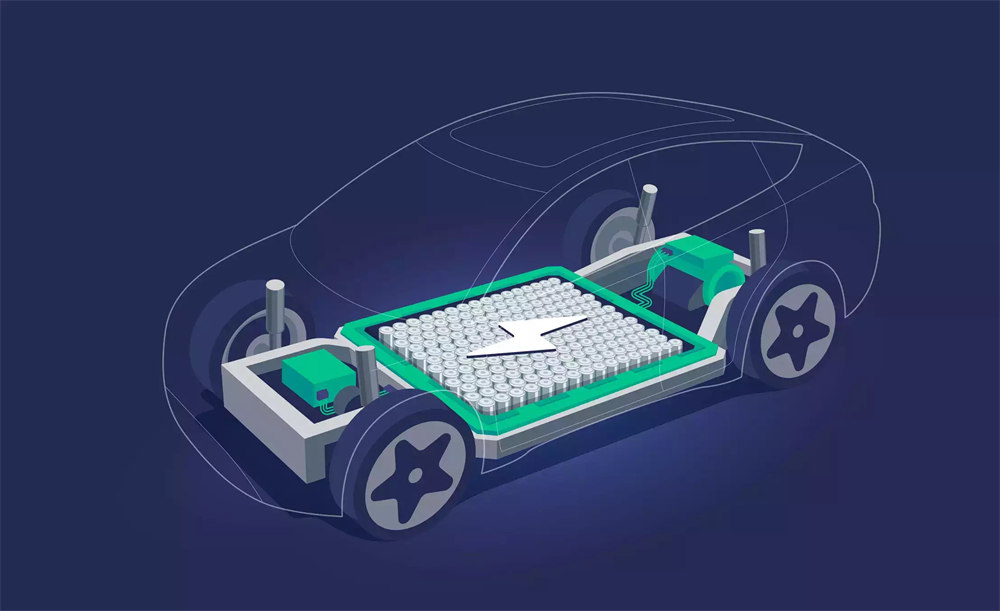What Are You Looking For?
Why Do Car Batteries Fail?
Apr 10, 2025Why Do Car Batteries Fail?
What can lead to the failure of car batteries, the following are some common reasons:
1. Extreme temperature effects
High temperatures (over 100°F) and low temperatures (below 10°F) accelerate chemical losses inside the battery. The high temperature will exacerbate the chemical reaction rate inside the battery, causing the electrolyte to evaporate, resulting in sulfide (lead sulfate crystal accumulation), which will cover the plates and hinder the battery's ability to charge and discharge; At low temperatures, the viscosity of the electrolyte increases, and the fluidity deteriorates, which increases the internal resistance of the battery. Therefore, extreme temperatures can shorten the life of the battery.
2. Charging system failure
Generator (Alternator) failure may result in undercharging or overcharging of the battery. Aging of the generator belt, damage to the voltage regulator or diode failure will cause the charging voltage to fall below 13.4V and the battery will be undercharged, which will accelerate the vulcanization of the plates, and if the voltage exceeds 14.7V, the electrolyte will decompose excessively, resulting in plate corrosion and electrolyte drying. The normal charging voltage should be 13.4V–14.7V, deviation from this range will damage the battery.
3. Frequent short-distance driving
Short drives do not allow the generator to be fully charged, and each start of the vehicle consumes a lot of power, resulting in a low battery charge due to long-term accumulation.
4. The battery is aging
The life of a lead-acid battery is affected by the number of charge-discharge cycles. After 300-500 deep charging and discharging times, the capacity of ordinary batteries will drop to less than 80% of the initial value. Regular lead-acid battery life is usually 3-5 years. Replacement should be considered beyond this age.If you want to test your battery, you can use ACEY-BA100150-1 battery charge discharge test equipment , it tests cycle life, capacity, charge/discharge characteristics, and temperature characteristics, with a power-down data protection function.

5. The electrical load is too high
Modern vehicle electronics (e.g., headlights, air conditioning, on-board electronic systems) consume too much power when the engine is turned off, which can accelerate battery drain.
6. Improper maintenance
Problems such as electrode corrosion, insufficient electrolyte (for unsealed batteries) can degrade battery performance.
Battery failure is often the result of a combination of factors. Regularly checking voltage, selecting the right battery type, and reducing abnormal power consumption behavior are key to extending battery life.
ACEY Intelligent provide one-stop solutions for lithium battery production line, and if you are new to the lithium-ion battery industry and want to build your own lithium-ion battery production line or lithium-ion battery pack assembly line, we can provide you with professional technical support and guidance, please feel free to contact us!